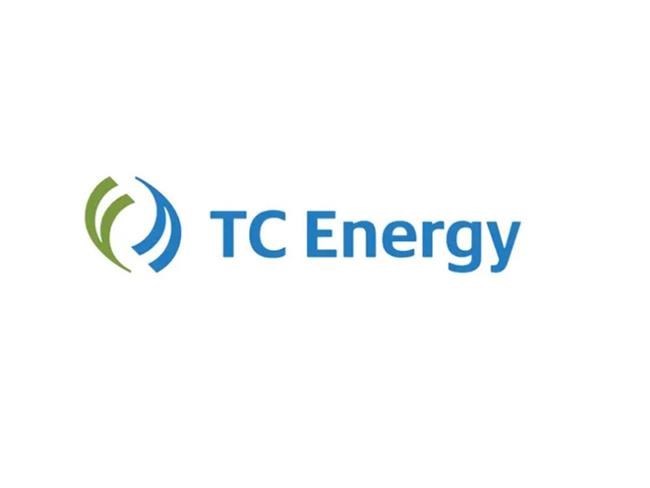CALGARY — The CEO of TC Energy Corp. says the company will begin moving more oil from Western Canada into the United States by next year under a new U.S. presidential permit for the existing Keystone pipeline system.
The permit quietly issued on Wednesday by the Trump administration allows capacity on Keystone to increase by 170,000 barrels per day to about 760,000 bpd, filling a gap as TC Energy's expansion Keystone XL project faces delays due to ongoing court battles.
"We are very pleased with yesterday's decision by President Trump to sign a new presidential permit for the base Keystone system," said TC Energy CEO Russ Girling on a conference call Thursday to discuss second-quarter results.
"The new permit will allow us to respond to market demand and to fully utilize the Keystone system to safely deliver additional crude oil from Canada to the refining centres in the U.S. Midwest and the Gulf Coast."
The new permit will allow the Calgary-based company to proceed by next year with some 50,000 barrels per day of added service, which received shipper support in a process in June 2019, Girling added.
The 50,000 bpd can be achieved by adding drag reducing agents to the oil to improve the flow efficiency of the existing pipeline without any major capital investments, said Bevin Wirzba, senior vice-president for liquids pipelines, on the call.
Using the rest of the increased capacity could involve more spending, he said, adding pursuing those projects would follow an assessment of shipper demand.
The additional capacity is likely to be welcomed in Alberta. The province limits oil production through quotas introduced in early 2019 to avoid price discounts that widened as output growth — mainly from the oilsands — outpaced growth in pipeline capacity.
Alberta Energy Minister Sonya Savage also welcomed the new U.S. permit.
"This decision sets the stage to significantly increase the capacity of the existing, base Keystone system," she said in a news release late Wednesday.
"This is excellent news for Canada's energy sector, and hard-working people and families on both sides of the border who benefit from continued North American energy security and interdependence."
TC Energy announced March 31 it would go ahead with the US$8-billion Keystone XL project after the Alberta government agreed to invest C$1.5 billion and provide a loan guarantee to jump start the work.
Keystone XL is facing a court challenge in the U.S. that questions the validity of its presidential permit while also dealing with a court decision that blocked a key environmental permit that allowed the pipeline to cross rivers and streams.
Construction is continuing in the U.S. on the 1,947-kilometre project, Girling said Thursday, with a revised schedule that focuses the work on areas where permits are in hand.
The expansion is to carry 830,000 bpd of crude per day from Hardisty, Alta., to Steele City, Neb., to connect with other pipelines.
The campaign for Democratic presidential candidate Joe Biden has said he would cancel the Keystone XL permit if he wins in the November presidential election.
TC Energy said it earned $1.3 billion or $1.36 per diluted share for the three months ended June 30, up from $1.1 billion or $1.21 per share a year earlier.
The results included an after-tax gain of $408 million related to the sale of a 65 per cent equity interest in the Coastal GasLink pipeline in B.C. and an incremental after-tax loss of $80 million due to Ontario natural gas-fired power plant assets sold in April.
Adjusted profits decreased 6.6 per cent to $863 million or 92 cents per share, in line with analyst forecasts, according to financial markets data firm Refinitiv. That compared with $924 million or $1 per share in adjusted earnings in the second quarter of 2019.
Revenues dropped 8.4 per cent to $3.09 billion of revenues from $3.37 billion in the prior year.
TC Energy said its assets have been largely unimpacted by COVID-19 with flows and utilization levels remaining in line with historical and seasonal norms and largely insulated from short-term volatility of commodity prices.
This report by The Canadian Press was first published July 30, 2020.
Companies in this story: (TSX:TRP)
Dan Healing, The Canadian Press




